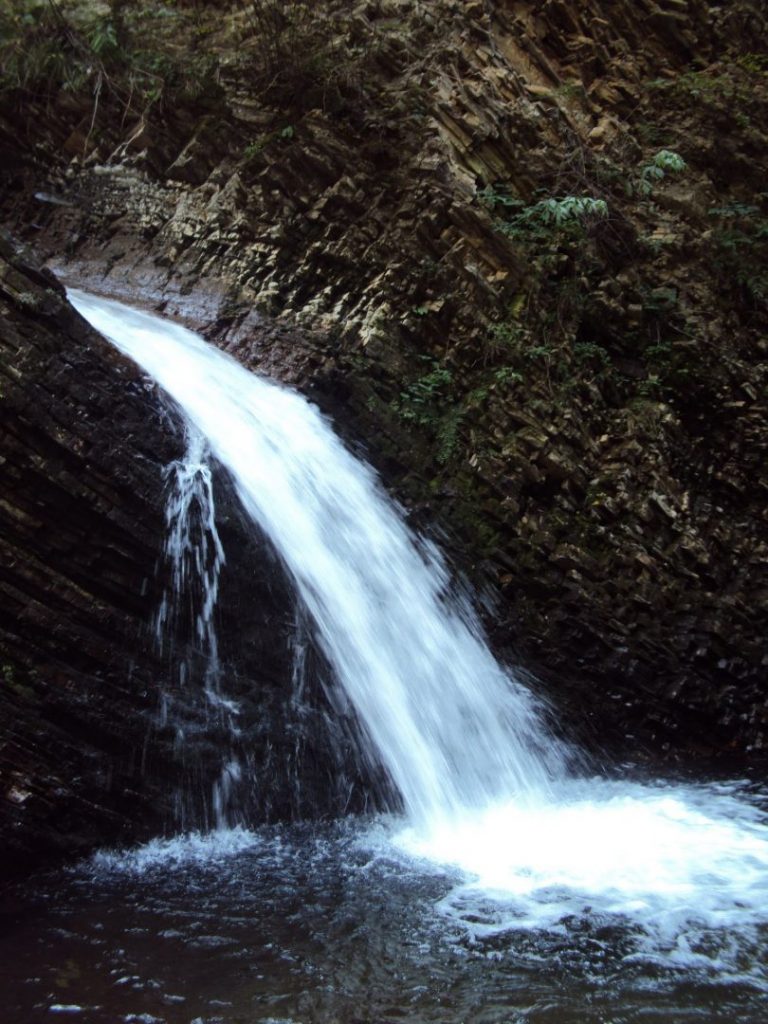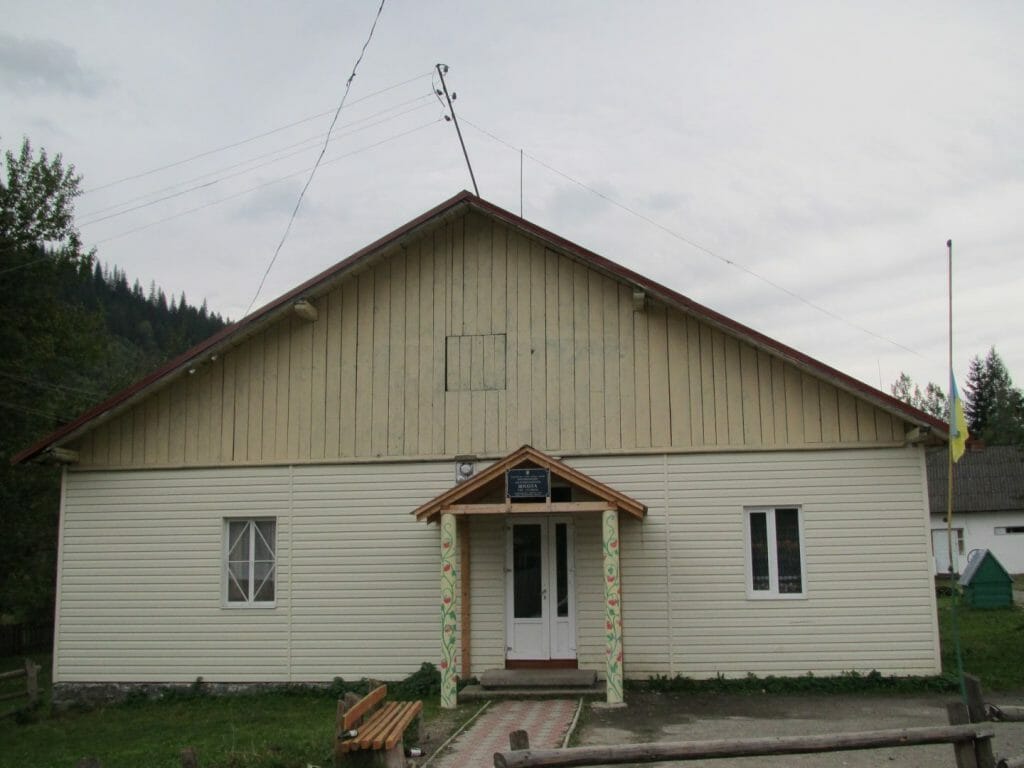In the forest vegetation of the reserve, as well as the composition of wood species and the structure of forest areas, no traces of human intervention can be noticed. In a broad sense, such forests can be considered as primeval forests. Their significance is invaluable, and therefore, on July 7, 2017, the UNESCO World Heritage Committee at its 41st session expanded the Site “Primeval Beech Forests of the Carpathians and the Ancient Beech Forests of Germany” by joining new areas of primeval beech forests.
This object has a great value at the global level as a model of undisturbed natural systems of temperate forests. It represents the most complete ecological models demonstrating the processes occurring in pure and mixed stands under different natural and climatic conditions.
Only here, the invaluable gene pool of the common beech (Fagus sylvatica) and a number of other species from its range is best preserved. Primeval beech forests of the Carpathians are of great importance for understanding the full picture of the history and evolution of the beech (Fagus) genus, which is globally important due to its prevalence in the northern hemisphere. The object, which is now called “Ancient and Primeval Beech Forests of the Carpathians and Other Regions of Europe” and occupies the territory of 12 European countries, includes Ukrainian massifs, too. This list also includes primeval forests of the Gorgany Reserve (protected area – 753.48 ha, buffer zone – the entire territory of the reserve). Primeval beech forests (Fagus sylvatica L.) are an exceptional example of deciduous forests that have hardly suffered the effect of anthropogenic activity and are an extremely important source of the history of European forest ecosystems’ development. Primeval forests are more efficient than other forests in mitigating climate, purifying water, and retaining carbon, the excess of which is considered by many scientists to be the cause of global warming.
The inclusion of primeval beech forests of the Carpathians to the UNESCO World Heritage List has evoked a great European interest in the study and preservation of primeval beech forests, as well as the deepening of international environmental cooperation. Indeed, creating conditions for preservation of unique natural values, achieving harmony between humans and nature is the only way in the current environmental crisis.


